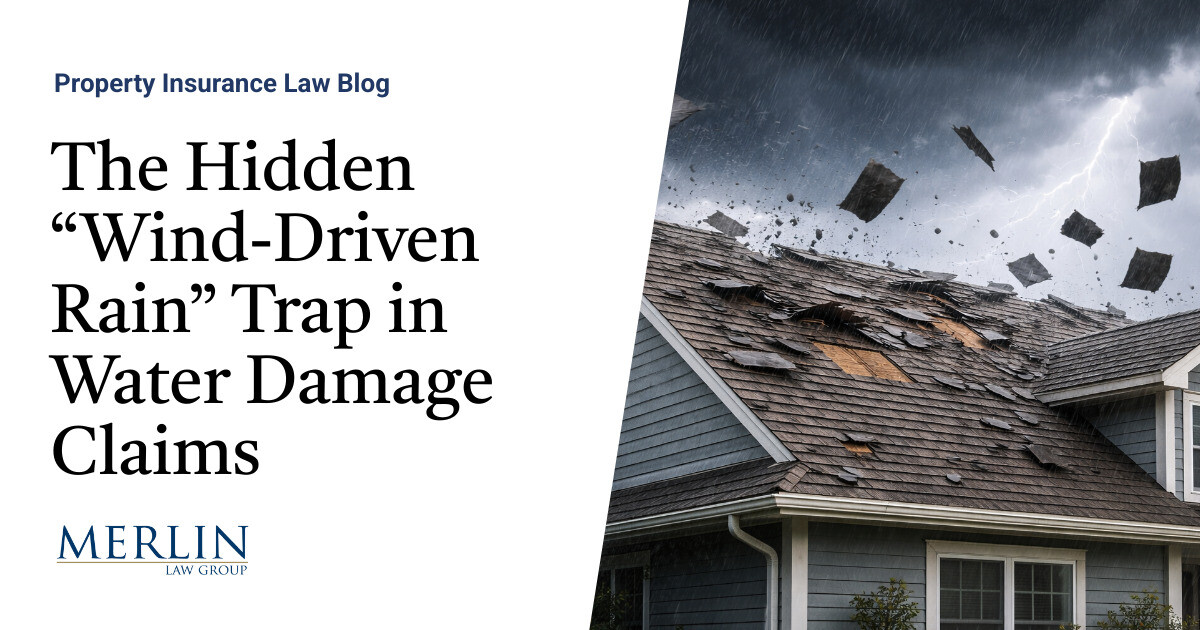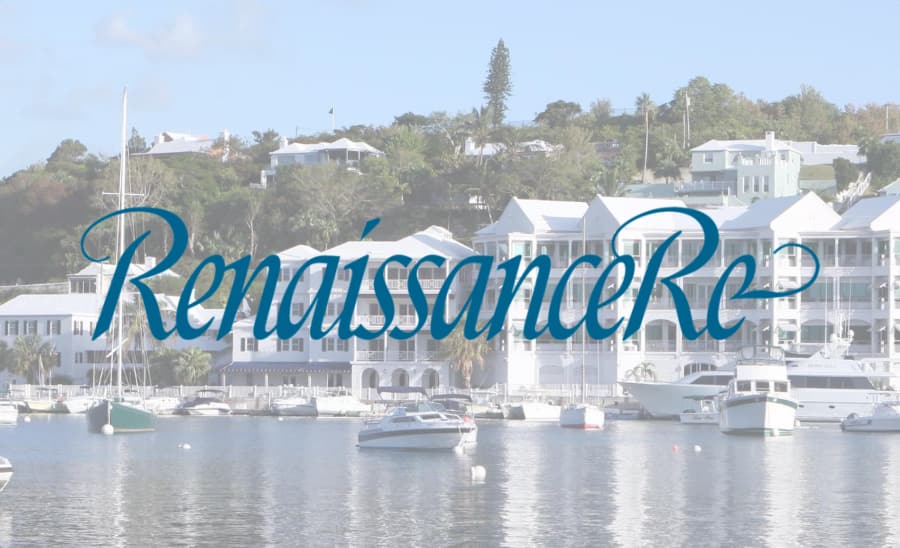Blind Spots Around Risk Could Challenge Renewable Energy Transition: FM Survey - Insurance-Canada.ca
Natural hazards, equipment failure and supply chain strains weigh on energy providers, lenders and investors Johnston, RI (Apr.16, 2025) – Renewable energy projects and the global transition to green power will hinge on resilience – the ability to protect against natural hazards, equipment failure and business interruption – according to new research from commercial property insurer FM.With global demand for electricity expected to double by 2050, much is riding on the energy sector’s ability to expand and transition to wholesale production of sustainable renewable energy.
The International Energy Agency (IEA) predicts the world will add more than 5,500 gigawatts of new renewable energy capacity between 2024 and 2030, almost three times the increase seen from 2017 to 2023.Yet this progress and the related climate benefits could be hindered by hail, fire, wind and engineering flaws that cause equipment to fail.As a result, renewable energy providers will need to demonstrate resilience in their projects to attract financing, secure insurance coverage against breakdowns and operate profitably, according to FM’s survey of 650 renewable energy executives and financiers.
According to the survey: There’s a strong appetite to build and invest in renewable energy infrastructure.At the same time, while capital is plentiful, the supply isn’t bottomless: 64% of lenders and 58% of investors say demand for finance outstrips supply.Worries vary.
Renewable energy providers say their top risks during construction include rising equipment costs (44%), regulatory/permitting delays (41%) and supply chain disruptions (40%).During operation top risks include weather damage (cited by 54% of providers), failure of generation equipment (50%) and disruptions of supply chains for replacement parts (48%).Most financiers say a project’s resilience affects their willingness to invest (66%), their valuation of the project (69%) and the deal terms they offer (72%).
Blind spots persist.Most renewable energy providers (59%) are confident in their projects’ resilience but lack insight into technology and environmental factors.Their greatest sources of uncertainty over risk include: This uncertainty drives up costs and limits insurance coverage.
Uncertainty over resilience in the face of risks leads to: A majority of financiers (53%) expect projects to employ third-party risk assessment during construction, and 48% expect them to consult with external engineers during operation.“Providers are doing the best they can with the information they have, but they need more insight into the technology they are buying and the environmental factors that threaten it,” said Doug Patterson, senior vice president, Forest Products and FM Renewable Energy at FM.Patterson noted that FM is conducting a wide range of engineering analyses and environmental studies to provide the industry with more information, particularly at the earliest stages of project development, when it is the most powerful.
For example, bringing risk expertise into the design and build stages can help energy providers engage with the insurance market and attract the capacity and coverage they need to get their projects off the ground.Engaging with risk engineering experts at the outset of a project can also help providers reduce costs and increase operational reliability, according to FM’s survey.Patterson noted that this upfront work is as crucial as getting insurance.
“If insurance is your only solution, then you don’t understand the problem,” said Patterson.FM launched FM Renewable Energy in 2024 to help clients in the transition to alternative energy through research and innovation, and to support the overall advancement of the renewable energy industry.FM Renewable Energy focuses on research, standards development and loss-prevention engineering around utility-scale ground-mounted solar, onshore wind power and battery energy storage systems (BESS).
For 70 years, FM has served power generators in these and myriad other energy sectors, including hydropower, biomass and waste-to-energy.FM offers insurance policies for renewable energy operation in the United States and EMEA.The online survey conducted in August and September 2024 on behalf of FM captured responses from 650 energy providers and financiers from North America, UK/Europe, Asia and South America.
For the full report, visit: https://www.fm.com/insights/renewable-report-download.About FM Established nearly two centuries ago, FM is a leading mutual insurance company whose capital, scientific research capability and engineering expertise are solely dedicated to property risk management and the resilience of its policyholder-owners.These owners, who share the belief that the majority of property loss is preventable, represent many of the world’s largest organizations, including one of every four Fortune 500 companies.
They work with FM to better understand the hazards that can impact their business continuity to make cost-effective risk management decisions, combining property loss prevention with insurance protection.For more information, please visit www.fmglobal.com.Tags: climate change, FM Global, resilience, survey, sustainability
Publisher: Insurance Canada








